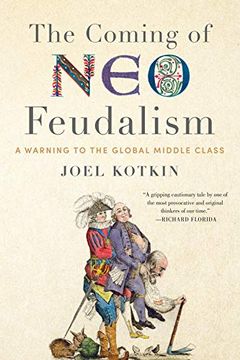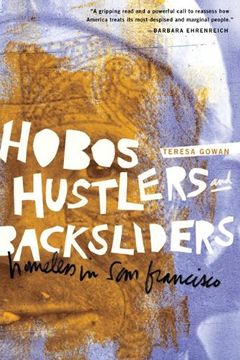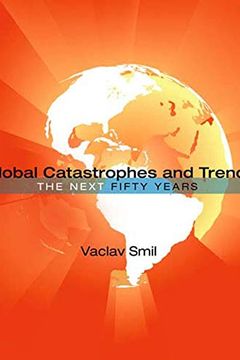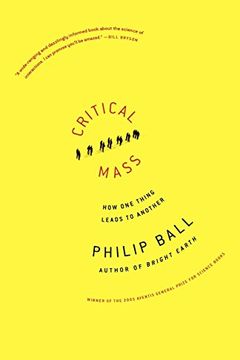6 books on the list
Sort by
Latest Recommendations First
Layout
The Coming of Neo-Feudalism explores the alarming return towards a more feudal era marked by a concentration of wealth, reduced upward mobility, demographic stagnation, and increased dogmatism. The book argues that a new class structure, resembling that of medieval times, is emerging, with a clerical elite dominating the upper rank and tech oligarchs at the top. It also highlights the decline of the middle class and the rise of the property-less population. The author believes that with understanding and opposition, these trends can still be reversed.
Recommended by
Nouriel RoubiniThis award-winning book explores the lives of homeless men in San Francisco and the impact of the homelessness industry on public policy. Through five years of fieldwork, the author delves into survival techniques, perspectives on life on the streets, and the societal discussions around homelessness. A powerful ethnography that sheds light on the way extreme poverty is addressed and how it affects those experiencing it.
Mike Shellenberger
2021-08-26T15:41:26.000ZExplore the potential global changes that may occur over the next 50 years with this interdisciplinary book. Scientist Vaclav Smil covers both sudden and cataclysmic world-changing events, such as volcanic eruptions and large-scale terrorist attacks, and more gradual trends, like demographic shifts and environmental changes. With a balanced perspective, Smil encourages readers to make sense of the complexities around global warming, and use their understanding of change to reverse negative trends and minimize the risk of catastrophe.
Mike Shellenberger
2020-11-30T02:36:24.000ZDiscover how to find meaning in suffering and move forward with renewed purpose by exploring the riveting memoir of a psychiatrist who survived Nazi death camps. In this influential book, based on his own experience and the stories of his patients, the author argues that we cannot avoid suffering but we can choose how to cope with it and find meaning in it through his theory of logotherapy. This book is a must-read for anyone searching for significance in the act of living.
Mike Shellenberger
2020-09-18T15:25:59.000Z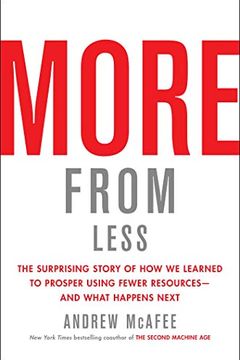
More from Less
The Surprising Story of How We Learned to Prosper Using Fewer Resources―and What Happens Next
Discover the revolutionary argument that growing technologically sophisticated market-based economies around the world is the key to increasing human prosperity while treading more lightly on our planet. More from Less provides masterfully researched evidence that America and other countries are now generally using less resources year after year, even as their economies and populations continue to grow, thanks to the collaboration between technology and capitalism. This book is a paradigm-shifting account of how humanity stumbled into an unexpectedly better balance with nature, offering the promise of a more abundant and greener future.
Mike Shellenberger
2019-10-04T16:47:24.000Z"Critical Mass" explores the idea of whether natural laws govern human behavior and organization, similar to how physics governs motion. The author, Philip Ball, delves into the history of the idea, dating back to Thomas Hobbes in the seventeenth century, and shows how modern physics can provide insights into mass human behavior. From predicting patterns of decision-making to understanding societal customs and institutions, this fascinating book sheds light on a rational search for better ways to live.
Mike Shellenberger
2019-05-29T04:19:01.000Z